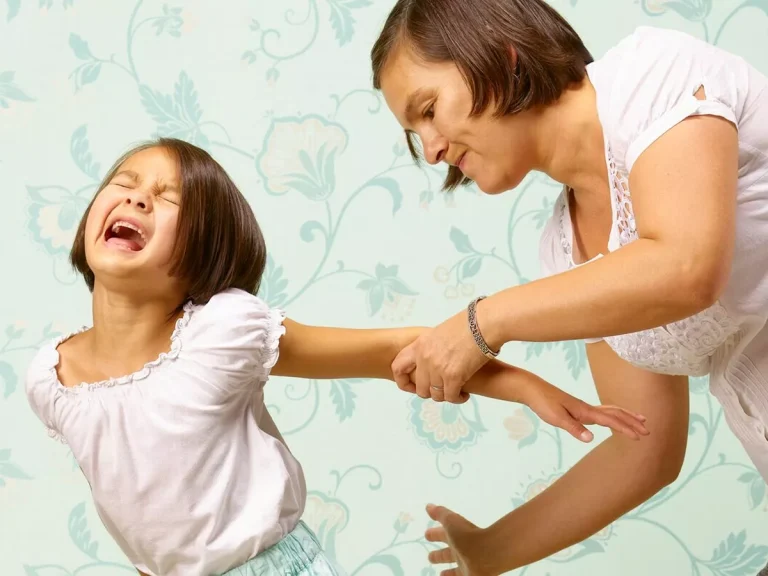This is What Bad Parenting Looks Like
Parenting never gets easy, but it is one of the most rewarding roles in life. Everyone takes a unique approach to parenting, and while some methods are effective, some can hurt children. In today’s digital age, you can find various parenting advice guiding parents about the best approach to nurture a child’s emotional, psychological, and social well-being. Amid the diverse parenting styles, many parents unknowingly disrupt their child’s development by taking the wrong approach. In this article, we will determine what constitutes bad parenting, the effects, and steps to improve parenting skills.
What is bad parenting?
All parents make mistakes when raising their children, like lashing out when frustrated. However, these mistakes do not define bad parenting. Bad parenting is associated with consistently engaging in negative behaviours that harm a child’s emotional and psychological development. When you make this a pattern, you inflict long-term scars on your children.
Many parents engage in bad parenting habits due to stress, past trauma, cultural influences, and a lack of knowledge about the effects. However, a parent is not bad just because they have harmful parenting patterns. All they need is guidance, allowing them to learn, grow, and make the necessary changes.
Signs of Bad Parenting
There are many signs of bad parenting, which should be addressed at early stages to prevent long-term damage that affects their self-esteem, behaviour, and future relationships. Some signs of bad parenting include:
1. Lack of Emotional Support
While children can be dramatic at times, ignoring a child’s feelings or dismissing their emotions is a red flag.
Denying your child affection or approval to punish them is a red flag.
2. Overly Harsh Discipline
Consistently resorting to yelling, insults, and name-calling when something goes wrong is a hard no.
Punishing your child too harshly for something minor is wrong.
Driving fear or intimidation into your children to have your way instead of using guidance is wrong.
3. Neglect and Lack of Involvement
Not providing necessary emotional, physical, or educational support.
Consistently failing to provide emotional, physical, or educational support is a red flag.
Being uninterested in their life, school, or hobbies is a red flag.
4. Overprotection and Control
Always making decisions for your child and not allowing them to make age-appropriate decisions.
Coddling them so they avoid failure and never experience the consequences of their mistakes.
Criticising them so much that they fear new things.

Effects of Bad Parenting
While there are many impacts of bad parenting, and each child reacts differently, here are some of the most common effects:
1. Low Self-Esteem and Self-Doubt
Children can feel unworthy from the constant criticism.
Children may have issues with confidence and struggle with self-acceptance.
2. Behavioural Issues
Many children become aggressive and withdraw from others.
They may throw tantrums and struggle with controlling their emotions.
3. Difficulty in Relationships
They may find it harder to trust anyone and have difficulty forming relationships.
They may become overly dependent or emotionally distant.
4. Mental Health Challenges
They may develop anxiety, depression, and even disorders caused by stress.
Children may become more vulnerable to peer pressure and other negative influences.

How to Stop Bad Parenting
When parents can identify their negative parenting behaviours, they can correct their mistakes and reduce the impacts on children. When incorporating healthier parenting habits, it is essential to remain committed and consistent. Here is how parents can foster healthier relationships with their children.
1. Practice Active Listening
Always encourage your child to express their feelings.
Avoid being judgemental and validate their feelings.
2. Use Positive Discipline
Ensure that the boundaries you set are clear and fair.
Set clear and consistent consequences.
Instead of always punishing, teach your child right from wrong.
Teach them how to behave by modelling the right behaviour around them.
3. Show Unconditional Love and Support
Don’t just focus on their achievements; praise their small efforts.
Display affection through hugs and encourage your child.

